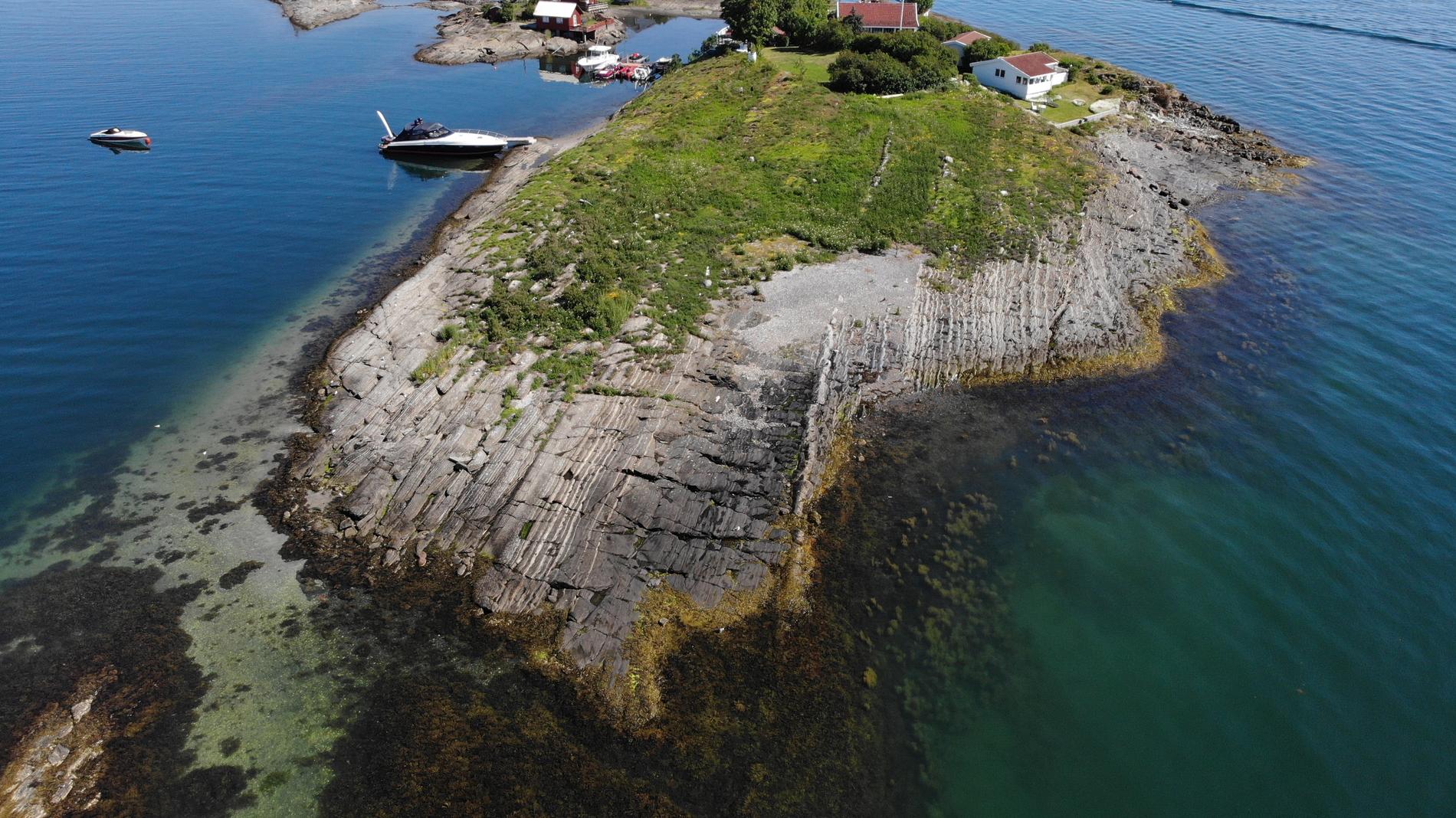In the second half of May, around 1,200 hooded gull eggs disappeared from at least 411 Geitholmen nests in Bærum. Police say the case has been thoroughly investigated, but bird expert Sindre Molværsmyr and NOAH believe the punishment suggests otherwise.
Updated only now
–
VG cited the case in July, where it was later described, among other things, how one of the most serious cases of Norwegian wildlife crime.
Master student Sine Dagsdatter Hagestad and bird expert Sindre Molværsmyr believed that someone had collected the eggs. Therefore, Molværsmyr reported the report together with the State Inspectorate for Nature and later also reported NOAH.
Bird expert and adviser Morten Helberg of the nature conservation organization Birdlife Norway told VG that this was very serious.
– No one has ever managed to do so much damage to biological diversity with a criminal act before, he said.
The hooded seagull is on the red list.
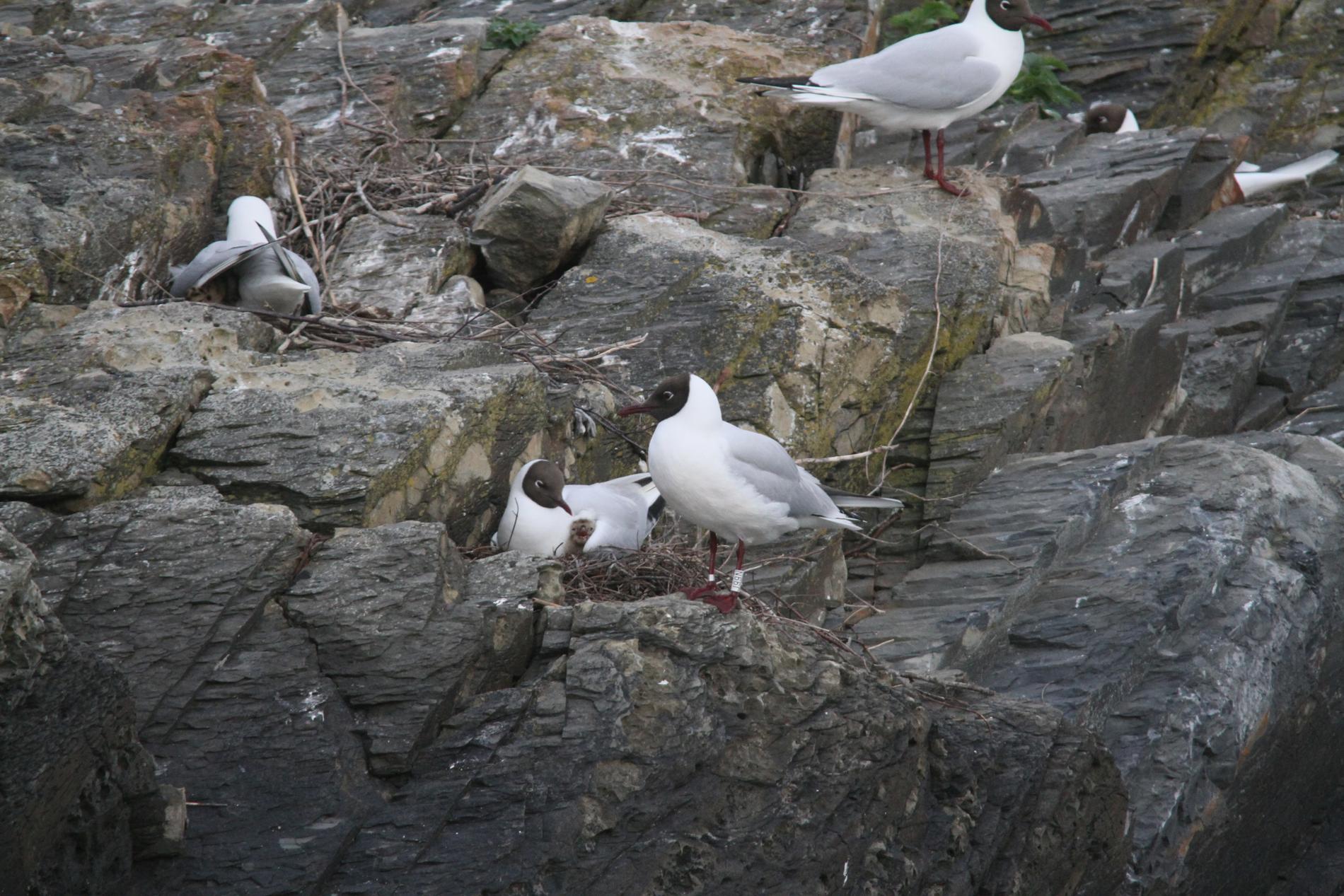 –
–An indictment has been filed against one person at the moment received a fine of NOK 30,000.
– The punishment was considered fairly broadly, both as to which punishment the case should be addressed, and we evaluated the evidence quite thoroughly and conducted a thorough investigation, police attorney Eric Lindset told VG.
Lindset states that what can be proven in connection with the criminal act is very important for what the punishment will be.
– Please note that the disappearance may have other reasons besides the physical collection of the eggs.
The report describes that the defendant collected more than 30 hooded gull eggs.
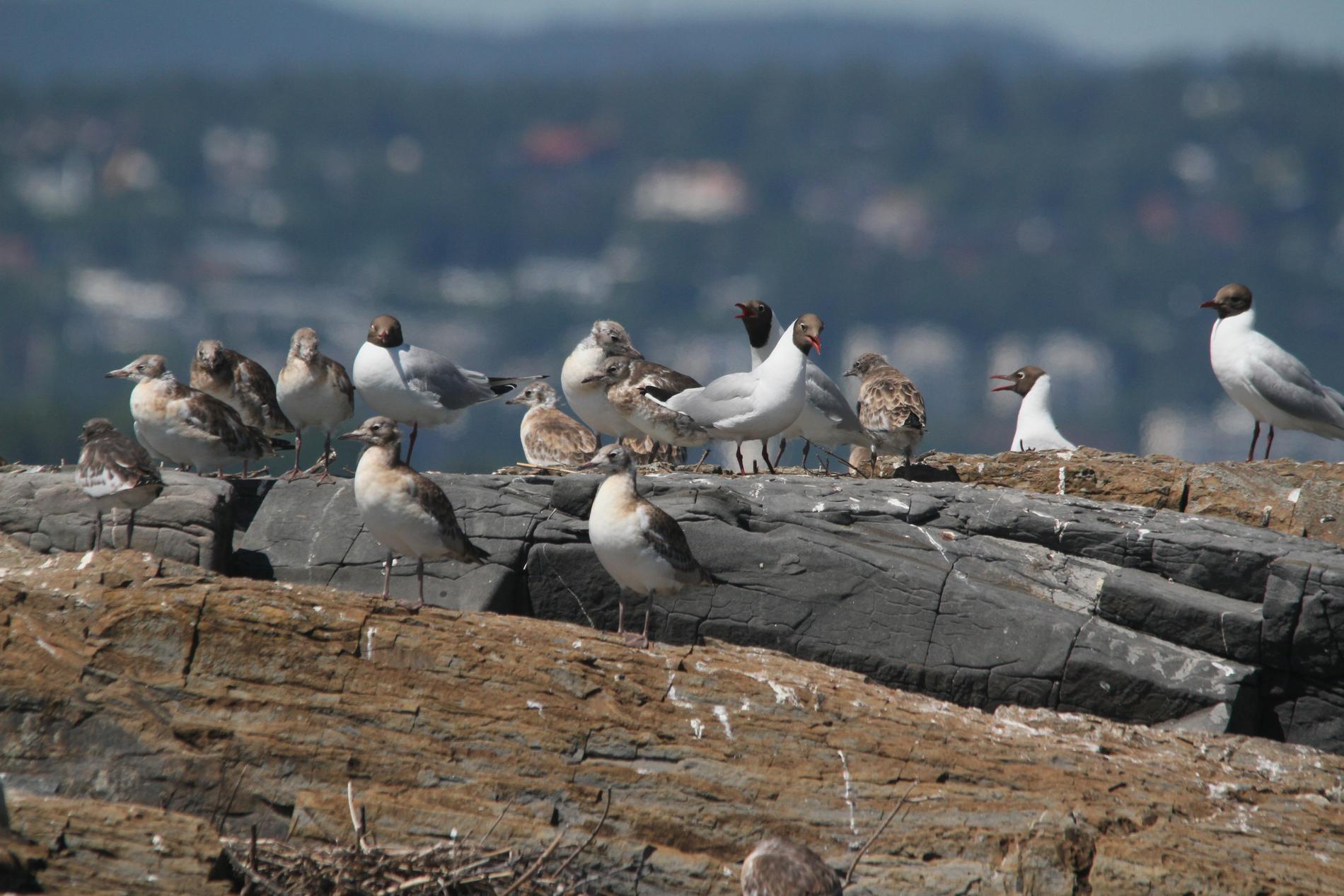 –
–I think the police could have done more
Bird expert and departmental engineer at the Norwegian Institute for Natural Research, Sindre Molværsmyr, believes the sanction has no deterrent effect on repetition.
– The fine is too lenient and other cases of egg collection in far less endangered bird species have been punished with almost the same fine in the past. The problem here is that the police don’t have as serious cases to deal with when they set the fine, he says.
– Did you experience that the police took the case seriously?
– No, there are several things they could have done.
– The low fine is perhaps the result of police ignorance of the extent of the damage to the stock.
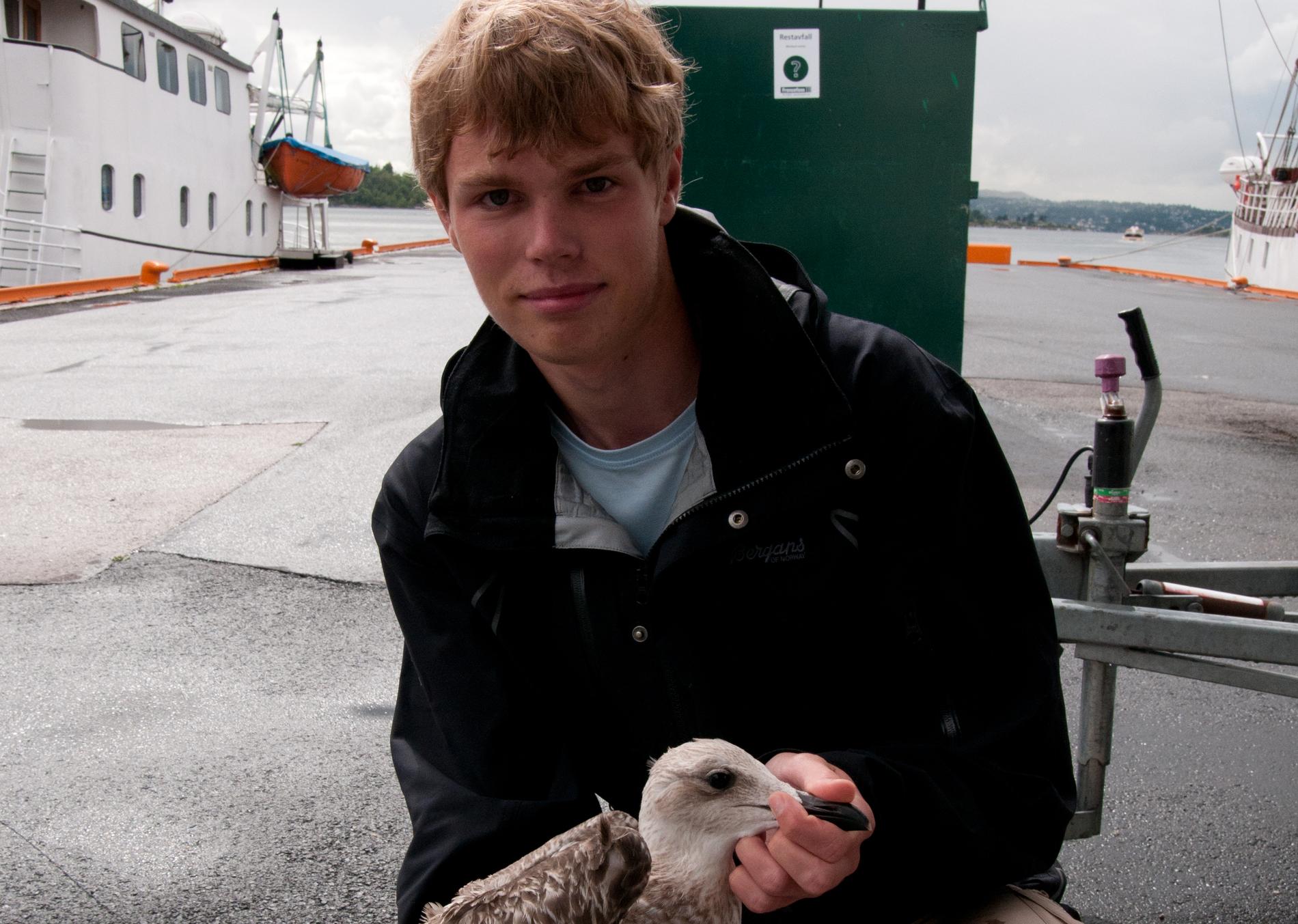 –
–Due to egg collection, the entire colony of 600 hooded gull nests has failed this breeding season. Regardless of the number of eggs actually collected, the action resulted in the failure of 10% of Norway’s entire hooded gull population.
– The impression is that the police have not done a very thorough job, concludes Molværsmyr.
Police attorney Eric Lindset tells VG that the case is taken very seriously by the police, that it has been thoroughly investigated and that a lot of resources have been spent on it.
Critically endangered
Master’s student Sine Dagsdatter Hagestad, who monitored hooded gulls during the breeding season, says that because the hooded gull is in danger of extinction, every single individual matters.
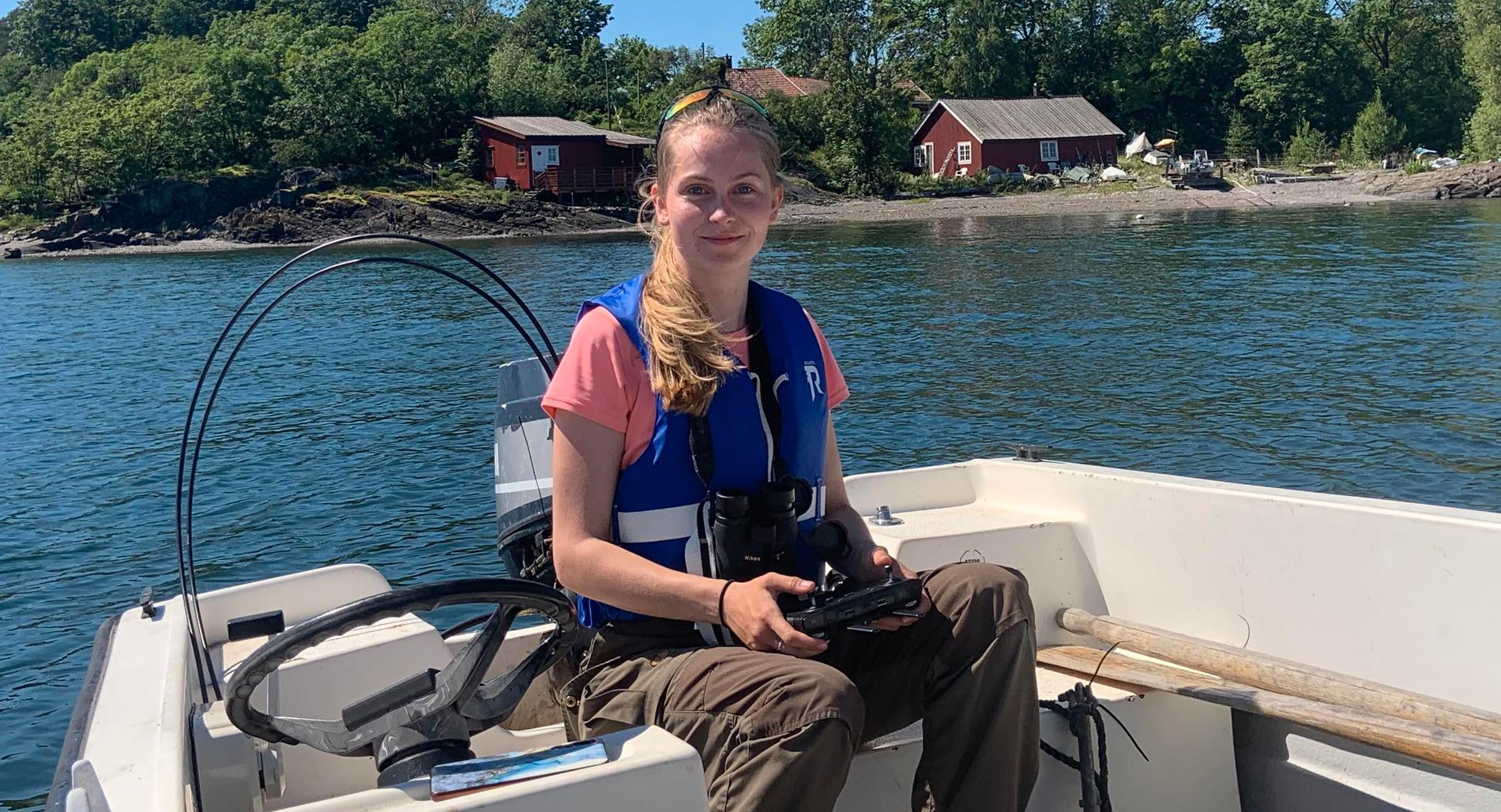 –
–– Hooded gulls already struggle enough to find good nesting places and food, and when they finally find a safe place, they are exposed to egg collection.
Hagestad claims that the culprit probably saw the seagulls as a problem.
– It is mean and it represents today’s view of nature in Norway: we do not take the crisis of nature seriously. We smoothly remove what we consider a problem, without trying multiple solutions first.
– It is quite clear that the police do not see the seriousness of the matter, concludes Hagestad.
The matter is not over
The Norwegian Environment Agency also reported the case and told VG that they hope the punishment will have a deterrent effect against repetition.
Lars Tore Ruud, senior adviser to the Norwegian Nature Inspectorate, says the request does not mean the case is closed.
– The possibility still exists that both complainants and suspects will complain and that the case will continue.
Ruud tells VG that the Norwegian Environment Agency, together with the Norwegian Environment Agency, will take a closer look at the decision on the sanction.
– This is still a living problem, Ruud concludes.
Several claims were involved
NOAH, an animal rights organization, also denounced the case shortly after VG spoke about it, due to the enormous amount of damage suffered by the endangered hooded seagull.
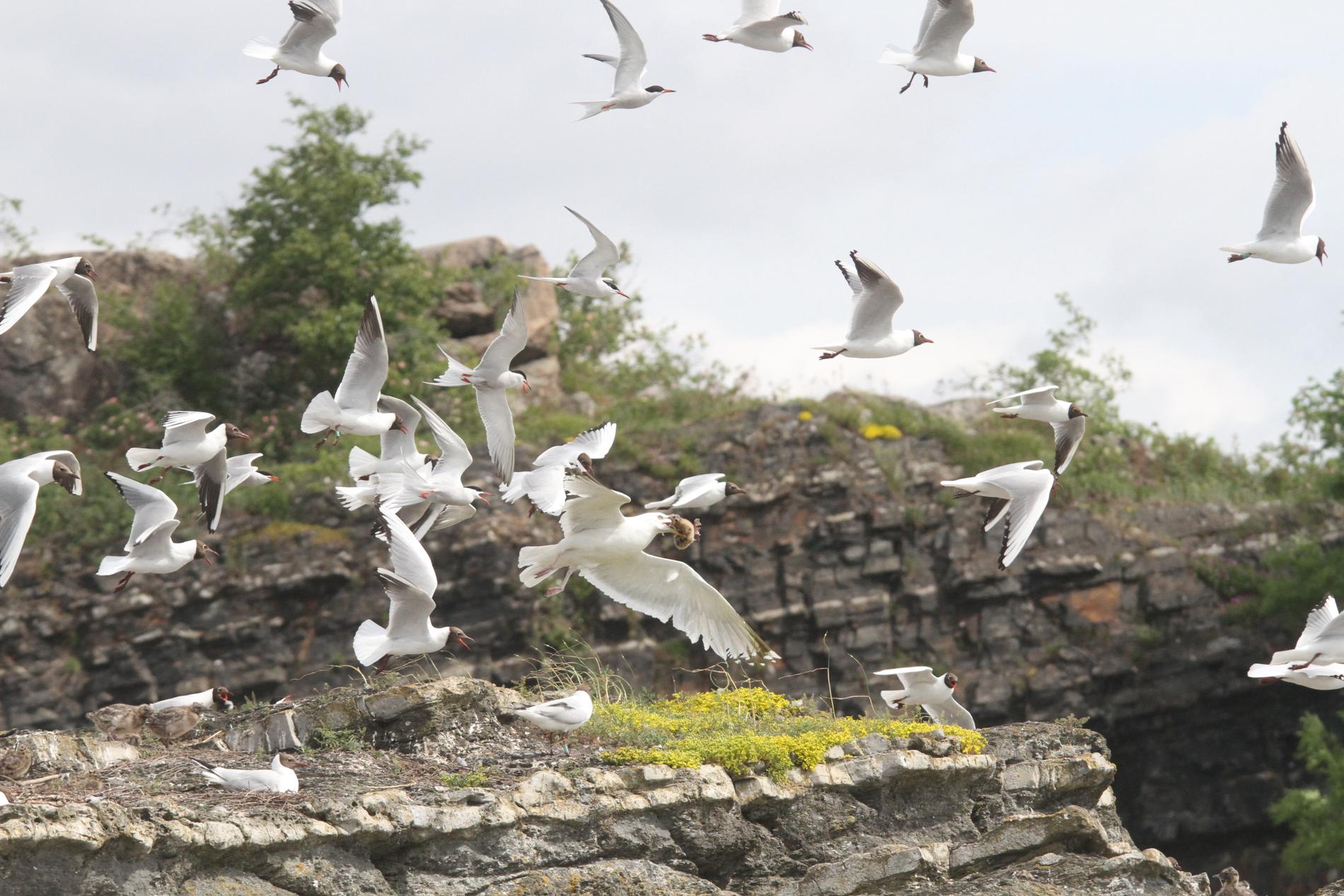 –
–– Only one of the perpetrators received a fine of just under NOK 30,000. It has no deterrent effect and is not in line with the fact that there has been a substantial intervention on the stock.
NOAH states that there is more than one person involved in egg collection and claims to have witnesses who can document this.
– The warning certainly does not reflect the seriousness of the crime and NOAH complains about the decision, says NOAH head Siri Martinsen.
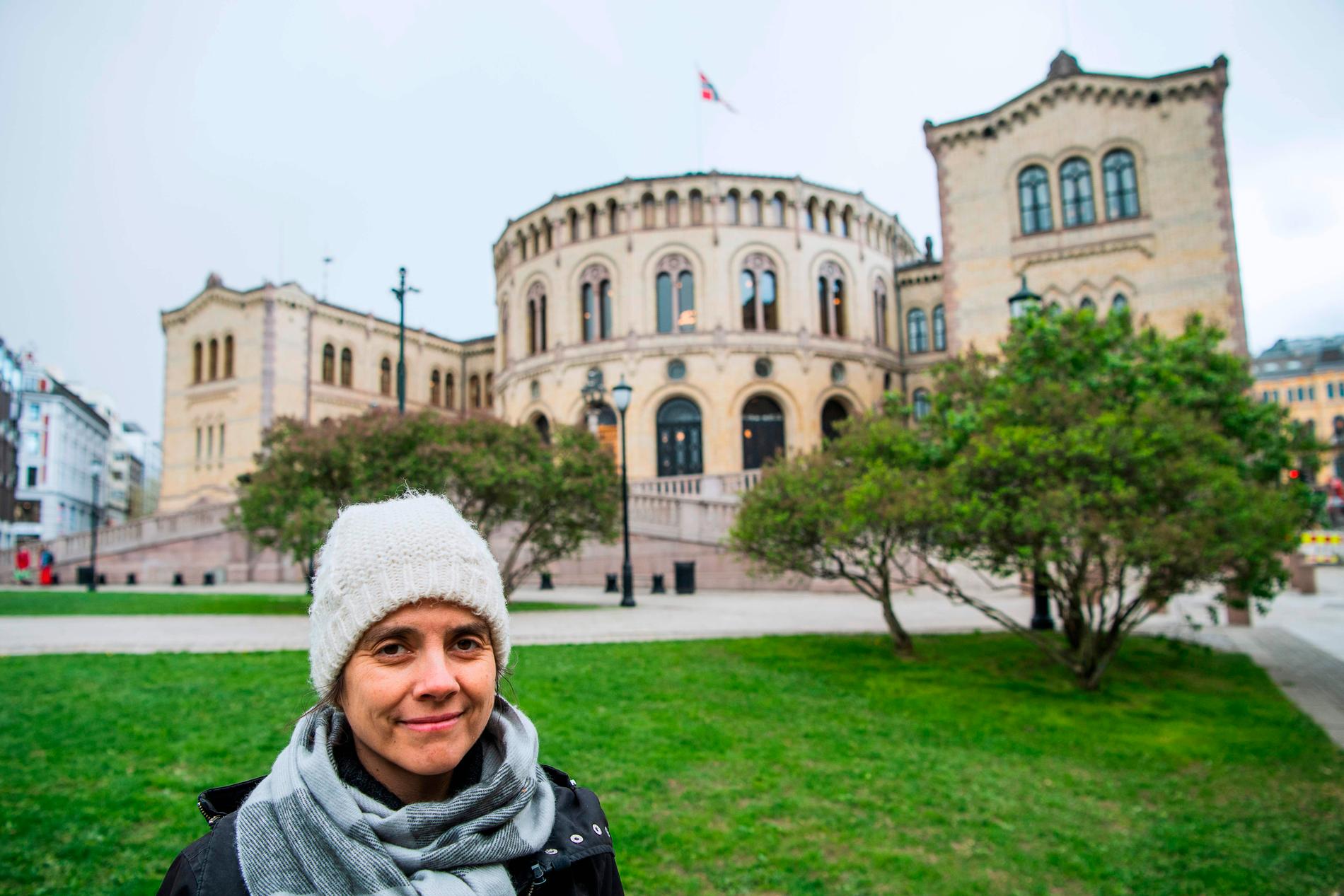 –
–NOAH believes that animals in danger of extinction should have protection and that this must be reflected in the sentence.
– We cannot have a situation in Norway where legislation and the red list count for little. The penalty for environmental crimes has been raised quite recently and should therefore allow for a stronger reaction, says Martinsen.
–
